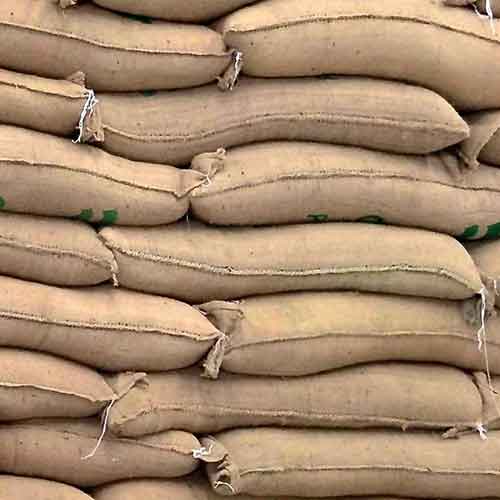
Storing your Green Coffee Beans
Share
Store raw coffee like you would split peas or lentils. Keep them away from stinky things like garlic and new rubber tires. Use a plastic bag, a jar, or Tupperware. It doesn’t have to be fancy.
Unless you plan on storing a few thousand pounds for a very long time, like a year or more, you don’t really need a cloth container. You could, but you don’t need to.
Coffee is a yearly crop which means they’re growing more for you right now. While you could buy a year’s worth at a time, instead go for maybe 6-9 months, max. You’re just around the corner from a new crop. Some crops really do only arrive once a year, but there are also bi-yearly fly crops or some regions like Sumatra import in a steady flow.
Over a VERY long time, even well-kept raw coffee at home will lose a bit of that fresh off the farm color and smell. But once roasted, it’s fresh coffee. Roasting is when the clock really starts on freshness.
What will happen over time, is that raw coffee will lose that bright acidity/sparkle in favor of more body. This is VERY subtle. If you’re keeping raw coffee around for only a few months, and it's stored well, you won’t notice. What you may notice is a very slightly faster roast time if your coffee has lost moisture.
Extremes always make good examples. An extreme example of aging coffee (on purpose) is Monsooned Malabar. It's very pale, tapioca-like color. Has tons of body, and essentially no sparkle to it at all. It's picked and dried like other coffees, but then exposed to damp monsoon winds and re-dried. It's a long story why this became a sought-after thing, but the effect is very very old coffee. In this instance a plus- it's great for blending with other coffees.
Storing decaf is a bit different. Two things, it’s already a bit older just due to the fact that it went through an additional process. The decaf process is also kind of hard on them. So maybe go for three months at a time for the freshest turnover of new stock.
